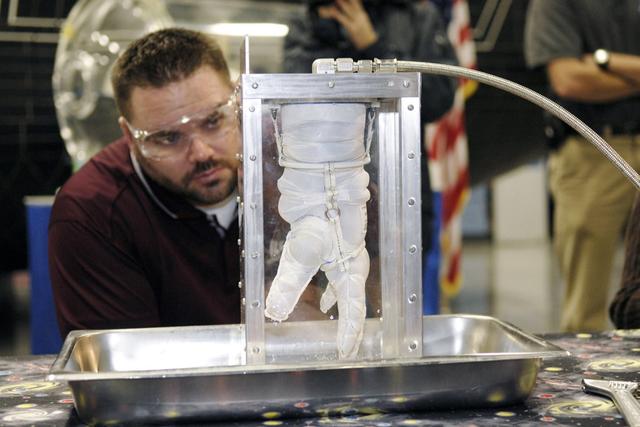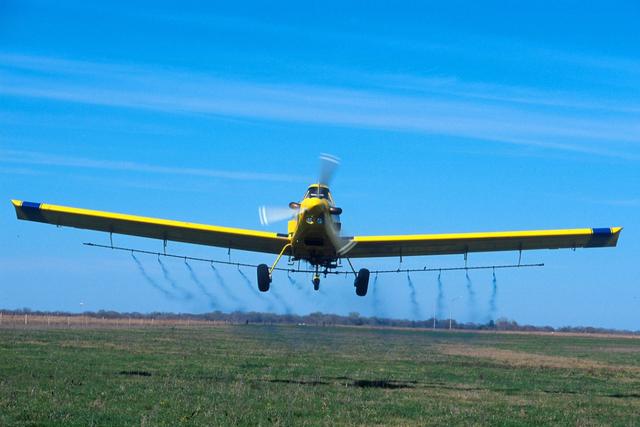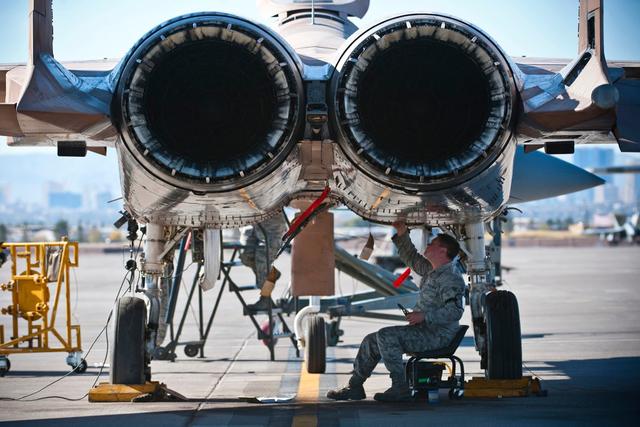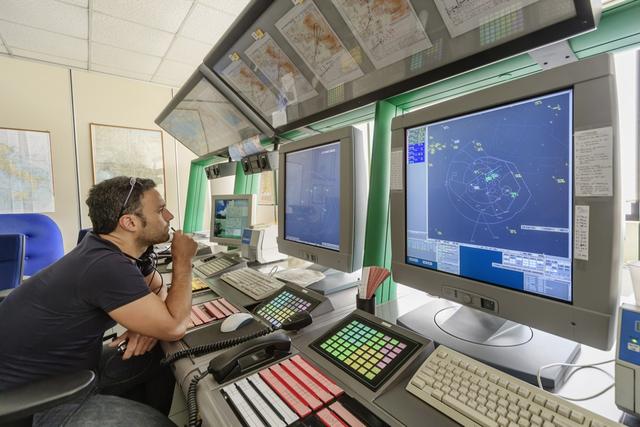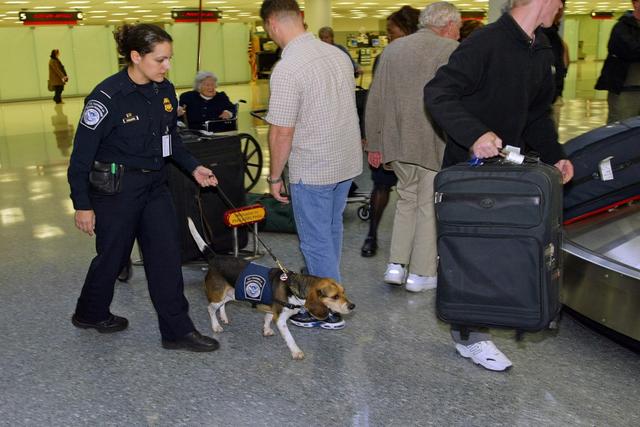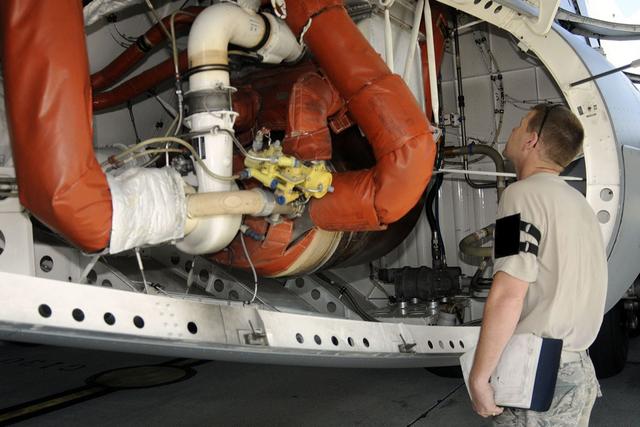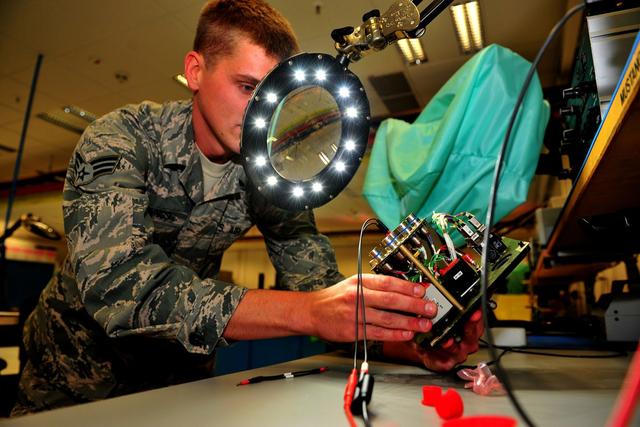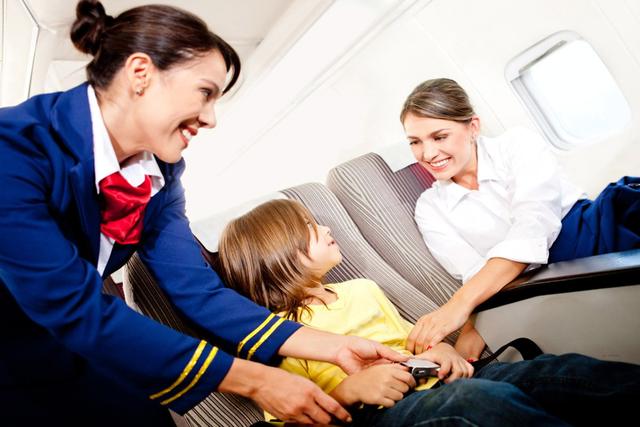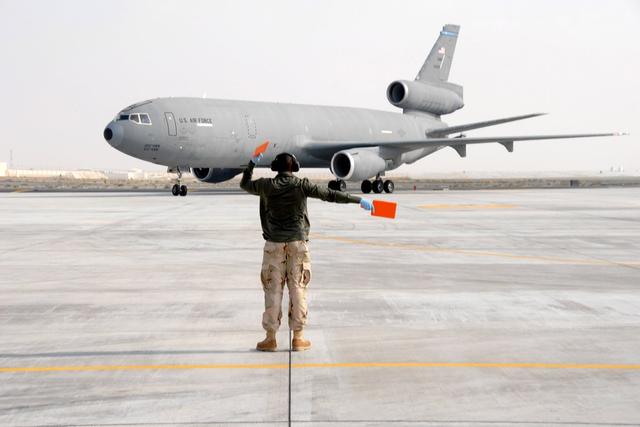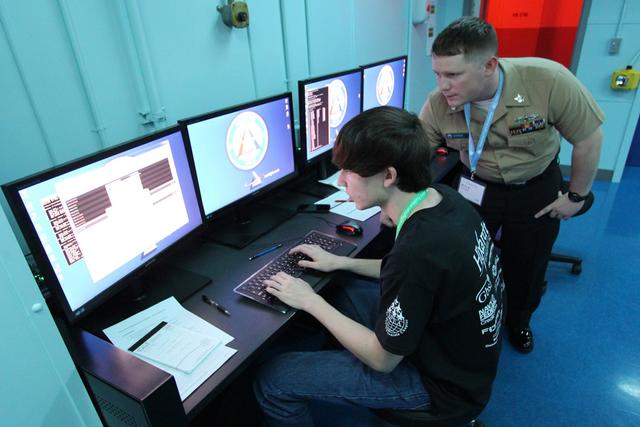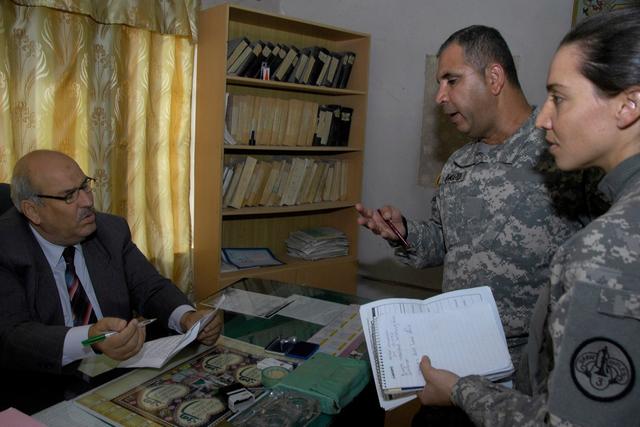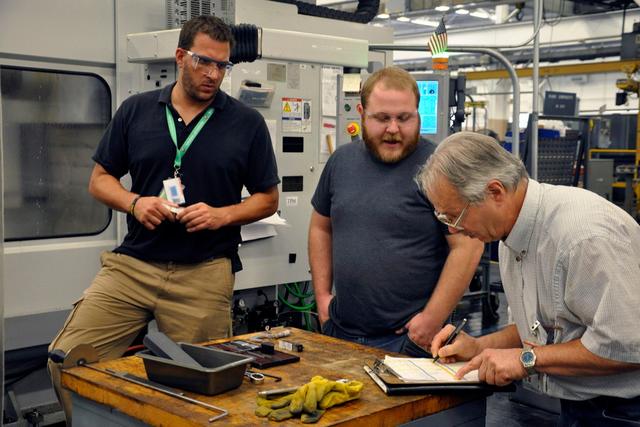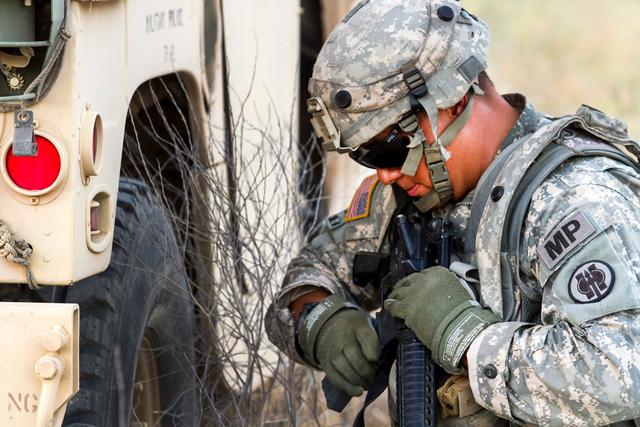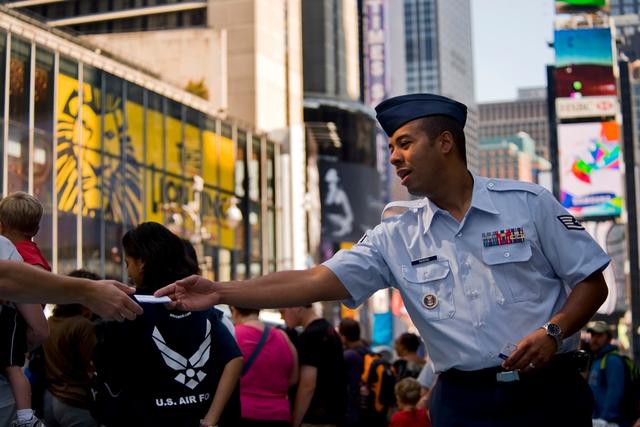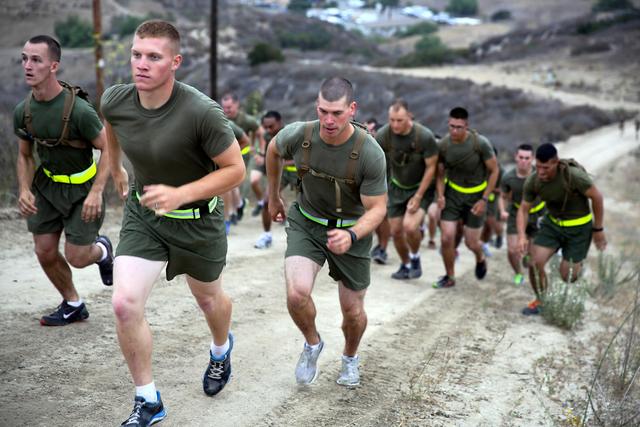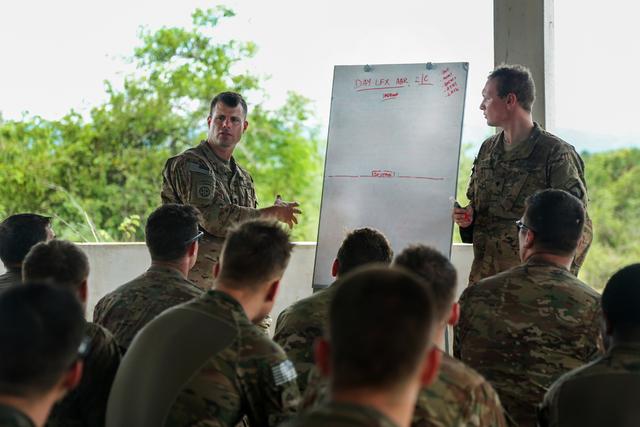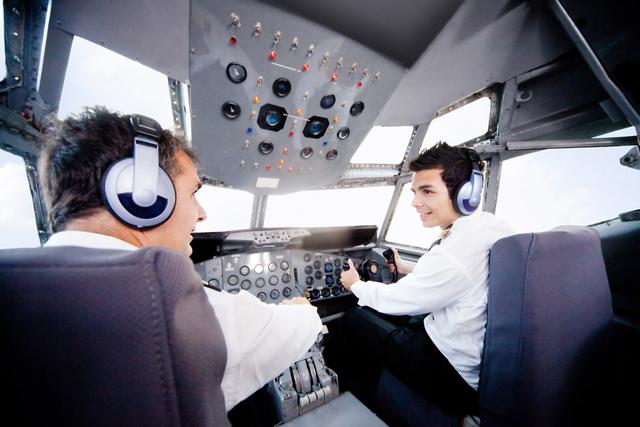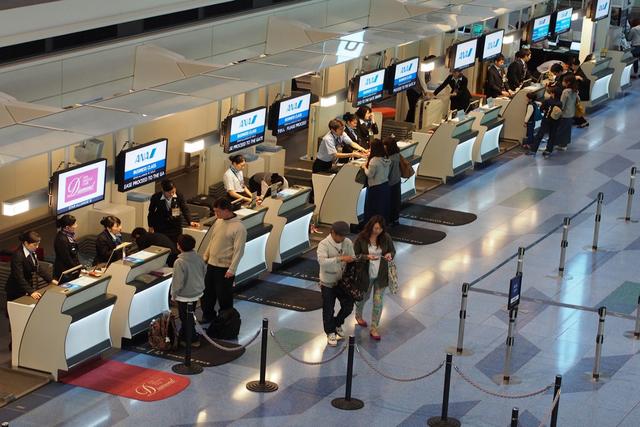Military Pilots
Overview
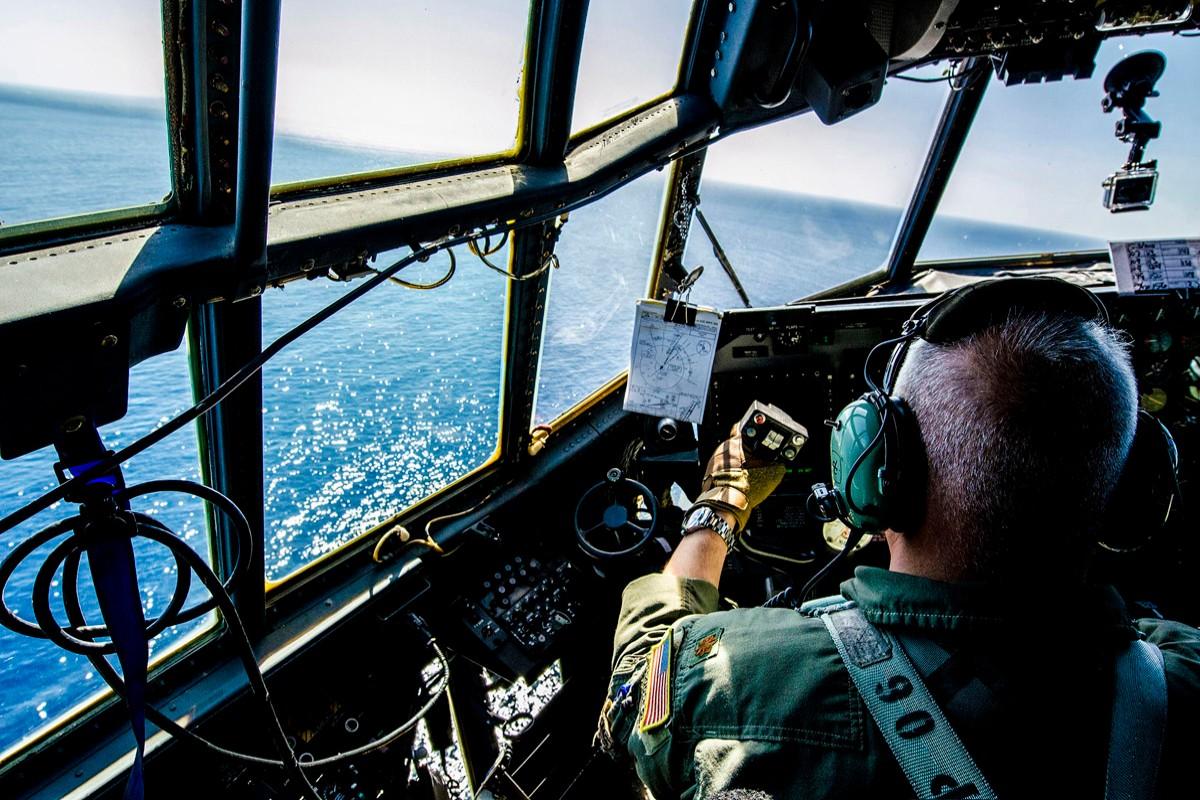
Introduction
Military pilots fly various types of specialized aircraft to transport troops and equipment and to execute combat missions. Military aircraft make up of one of the worlds largest fleets of specialized airplanes.
The U.S. Armed Forces are composed of five separate military services: the Army, Air Force, Marines, Navy, and Coast Guard (which is now part of the U.S. Department of Homeland Security). Pilots within these branches train, organize, and equip the nations air services to support the national and international policies...
Quick Facts
Median Salary
Employment Prospects
Minimum Education Level
Experience
Skills
Personality Traits
Earnings
Congress sets the pay scales for the military after hearing recommendations from the president. The pay for equivalent grades is the same in all services (that is, anyone with a grade of O-4, for example, will have the same basic pay whether in the Army, Navy, Marines, Air Force, or Coast Guard). In addition to basic pay, personnel who frequently and regularly participate in combat may earn haz...
Work Environment
The work environment for military pilots is rewarding, varied, and sometimes stressful. Pilots may be assigned to one or more air bases around the world. They may take off and land on aircraft carriers, at conventional airports, in desert conditions under fierce fire from the enemy, or in countless other settings. They may fly the same routes for extended periods of time, but no two flights are...
Outlook
The outlook for military workers, including military pilots, is expected to be very good through 2028, according to the U.S. Department of Labor. Approximately 155,000 new enlistees and officers must join annually to fill vacated spots. In recent years some branches, such as the Navy, have fallen short of meeting their recruitment goals, and opportunities in these branches should be steady. How...

